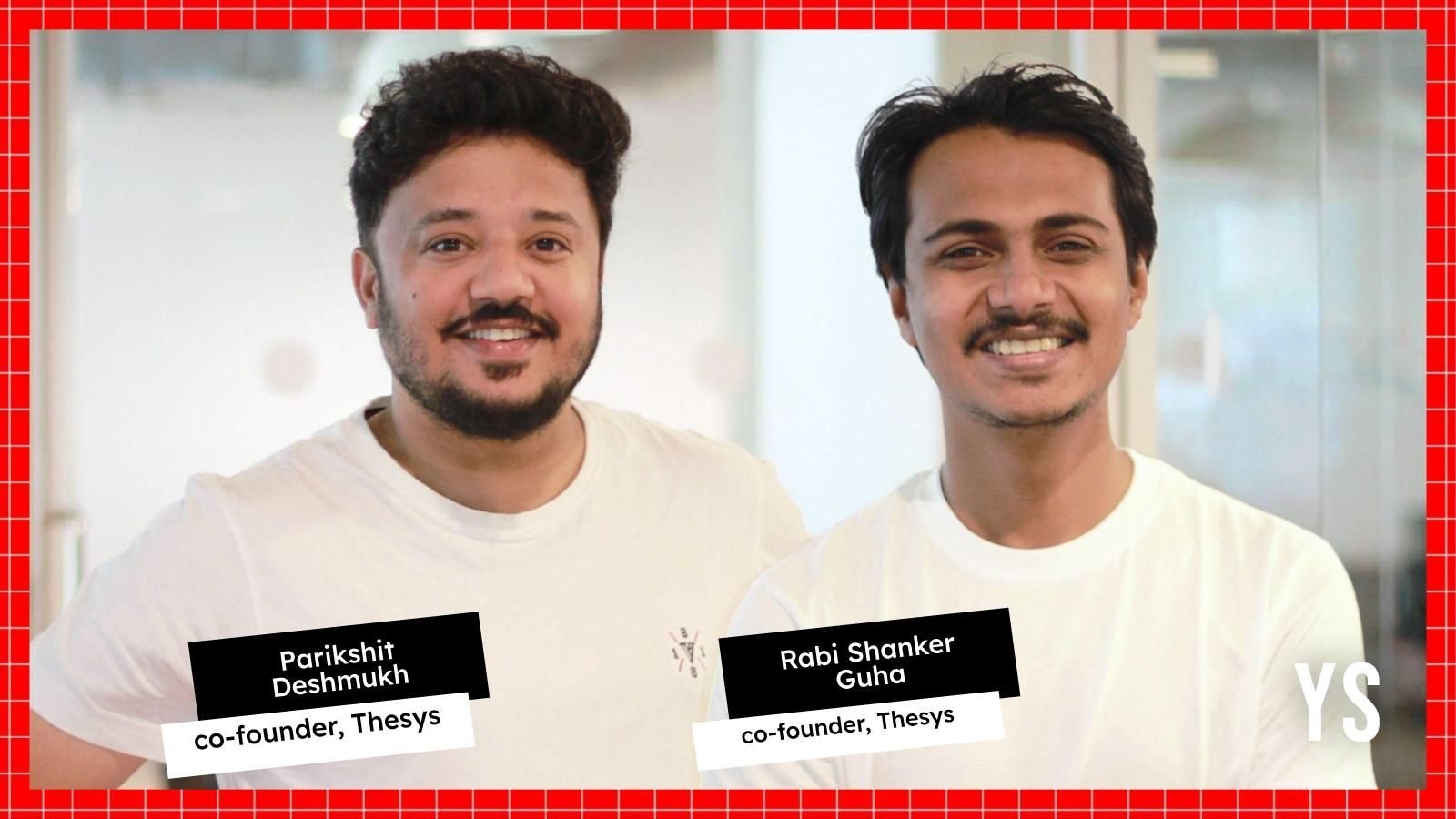Startup
Green crackers, restricted timings: States across India announce measures to curb pollution during Diwali

With a week to go for Diwali, many states have put in place restrictions on the manufacture, sale, and use of crackers to curb the expected rise in pollution during the festival.
Green crackers are permitted during Diwali night (8 pm to 10 pm) in Gurugram, Haryana, on October 31. In Punjab too, people can burst crackers between 8 pm and 10 pm.
The Kerala government has also announced the same two-hour window on October 31 night. Only sale of green crackers will be permitted in the state.
Green crackers are free from barium salts and compounds of antimony, lithium, mercury, arsenic, lead and strontium chromate.
However, the Delhi government has reinforced the complete ban on sale of all types of firecrackers until January 1, 2025, to combat the issue of degradation of air quality, especially during the winter months.
In Tamil Nadu, two hours have been allotted for the bursting of crackers—split between the morning and the evening. According to the advisory from the Tamil Nadu Pollution Control Board, which manages noise and air pollution levels in the state, firecrackers can be burst between 6 am and 7 am and from 7 pm to 8 pm.
The pollution control board of Tamil Nadu is said to be working with various government departments to educate people on the safe use of crackers. According to its guidelines, the public is allowed to burst only green crackers that emit low noise and minimal air pollution. Firecrackers are prohibited near hospitals, educational institutions, and places of worship.
The Karnataka government too has issued a two-hour limit for bursting crackers—8 pm to 10 pm. It has also limited the noise level to 125 decibels. The state government has urged the people of Karnataka to use green crackers for ecofriendly celebrations.
Maharashtra and West Bengal too have limited the sale and use of crackers in line with the National Green Tribunal recommendations.
Startup
Flipkart selects five startups for third cohort of Flipkart Leap Innovation Network

has selected five innovative startups for the third cohort of its flagship startup accelerator programme, Flipkart Leap Innovation Network (FLIN).
The cohort is introducing startups that are driving advancements across GenAI, omnichannel, analytics, and video commerce, the company said in a statement.
The selected startups— Intelligence Node, Invenzo Labs, StoryBrain, Phyllo, and D-ID— are set to run pilot programs with Flipkart to develop solutions.
“The selected startups get access to mentorship, resources, and the opportunity to execute pilot projects within the Flipkart ecosystem, scaling their solutions to meet the demands of India’s digital economy and e-commerce growth,” the company said.
Since its launch in 2022, the accelerator programme aims to accelerate the growth of the startup ecosystem in India, driving collaboration, and championing cutting-edge retail innovations.
“Through the FLIN programme, Flipkart continues to expand its role as a catalyst for innovation within India’s startup ecosystem, providing a collaborative platform for startups to test, refine, and deploy solutions that can shape the future of e-commerce in India,” said Naren Ravula, Vice President and Head – Product Strategy and Flipkart Labs.
The programme is designed to engage with startups through commercial partnerships in Flipkart’s areas of interest. Successful startups get the opportunity to scale up to a business partnership.
Over 20 startups from the initial two cohorts have concluded pilots working closely with the Flipkart Product and Engineering teams.
The company added that four startups from the previous cohort— Anagog, Speedsize, Sangti, and Vtion— have recently concluded successful pilot projects with Flipkart.
Startup
Thesys secures $4M funding led by Together Fund

AI startup Thesys bags $4 million funding in a round led by Together Fund. The round also saw participation from 8VC, the company said in a statement.
The startup will use the funding to bridge the gap of user experience with AI agents. As a visual collaboration tool, the company will also provide a platform that will enable businesses to ideate, visualise, and ship intelligent experiences at scale.
“The way we engage with technology is changing faster than ever. Static interfaces simply don’t meet the demands of today’s AI-capabilities…At Thesys, we’re building tools that make it possible for businesses to adapt and thrive in this new era,” said Parikshit Deshmukh, Co-founder, Thesys.
This evolution is about unlocking the full potential of AI-driven interactions and delivering unparalleled user experiences, he added.
“The future of AI relies as much on intuitive, adaptive interfaces as it does on backend capabilities. Thesys’ vision for Generative UI aligns perfectly with Together Fund’s commitment to enabling founders who are redefining the user experience,” said Manav Garg, Co-founder and managing partner of Together Fund.
“By empowering teams to create real-time, personalized interactions, Thesys is setting a new standard for AI-driven interfaces. We’re excited to support their journey in transforming the role of design and development tools for the next generation of AI applications,” he added.
The company, founded by Rabi Shanker Guha and Parikshit Deshmukh this year, emerged from the understanding of the need to provide support in the shift towards AI-driven interfaces, it said.
“Thesys envisions a future where all interfaces dynamically adjust to each user’s behavior, preferences, and needs—driven by what the company calls “Generative UI”. Unlike traditional static interfaces that rely on predefined paths, Generative UI uses AI to create unique, adaptive user interfaces on-the-fly, allowing businesses to provide truly personalized digital experiences,” the company added.
The company plans to launch a UI SDK that is set to enable developers to seamlessly integrate Generative UI into their applications. Additionally, post its closed beta launch, the company plans a general availability (GA) with its product within the next quarter positioning itself as the go-to product toolkit for businesses looking to stay ahead in the AI revolution.
“Thesys is pioneering a transformative shift in UI design workflows by integrating AI-driven adaptability… Their Generative UI approach aligns with our commitment to investing in technologies that drive innovation in user experiences,” said Bhaskar Ghosh, partner at 8VC.
Startup
BrowserStack launches AI-driven Low Code Automation tool

Software testing platform has rolled out Low Code Automation, a solution to simplify test automation for quality assurance teams, developers, and non-technical users.
The newly launched solution will address challenges faced by software teams, including manual testing delays and complex automation frameworks, BrowserStack said in a statement.
While traditional test automation requires coding expertise by often limiting non-technical testers to contribute, this tool allows user—irrespective of their technical background—to create and manage AI-driven automated tests without writing code. Users can also use BrowserStack’s cloud infrastructure for reliable test execution.
“(The AI-powered Low-Code Automation (LCA) simplifies the process of building and maintaining test automation suites compared to traditional tools like Selenium. It reduces the steep learning curve and complexity often associated with automation projects, leading to a quicker return on investment (ROI),” Chintan Doshi, Director of Product Management at BrowserStack, told YourStory.
To support development teams worldwide, Low Code Automation speeds up testing cycles, boosts product quality, and enhances user experience by reducing technical barriers.
“Citizen testers—such as business analysts, product managers, and customer support teams—can easily add validations and create automated tests with the test recorder, without requiring coding skills. This reduces their dependency on developers and QAs and empowers them to actively contribute to testing efforts,” Doshi explained.
Founded in 2011 by Ritesh Arora and Nakul Aggarwal, BrowserStack provides a cloud-based platform for developers to test websites and mobile apps across devices, operating systems, and browsers on demand.
With headquarters in San Francisco and Mumbai, the company has expanded its product line to include over 15 products, of which 10 were launched in the past 18 months.
In August, the Accel-backed firm acquired Berlin-based Bird Eats Bug, an advanced bug-reporting tool. The acquisition aims to address the existing gaps in bug reporting and streamline fragmented testing workflows.
-

 Startup Stories1 year ago
Startup Stories1 year agoWhy Millennials, GenZs Are Riding The Investment Tech Wave In India
-

 Startup Stories1 year ago
Startup Stories1 year agoStartups That Caught Our Eyes In September 2023
-

 Startup Stories1 year ago
Startup Stories1 year agoHow Raaho Is Using Tech To Transform India’s Fragmented Commercial Trucking
-

 Startup Stories12 months ago
Startup Stories12 months agoMeet The 10 Indian Startup Gems In The Indian Jewellery Industry’s Crown
-

 Crptocurrency8 months ago
Crptocurrency8 months agoLither is Making Crypto Safe, Fun, and Profitable for Everyone!
-

 Startup Stories1 year ago
Startup Stories1 year agoHow Volt Money Is Unlocking The Value Of Mutual Funds With Secured Lending
-

 Startup Stories1 year ago
Startup Stories1 year agoWhy Moscow-Based Kladana Considers Indian SME Sector As The Next Big Market For Cloud Computing
-

 E-commerce1 year ago
E-commerce1 year agoTop Online Couponing Trends To Watch Out For In 2016




